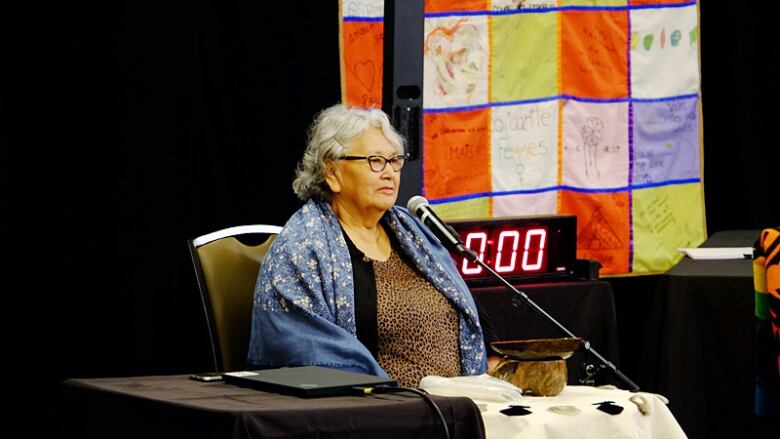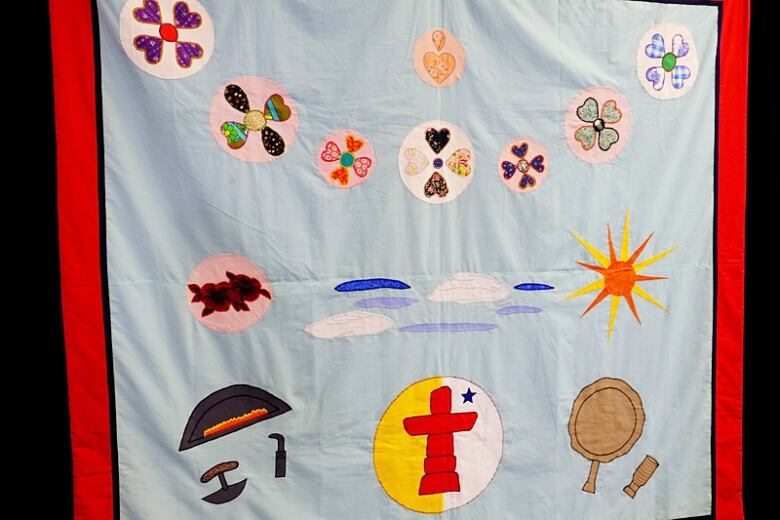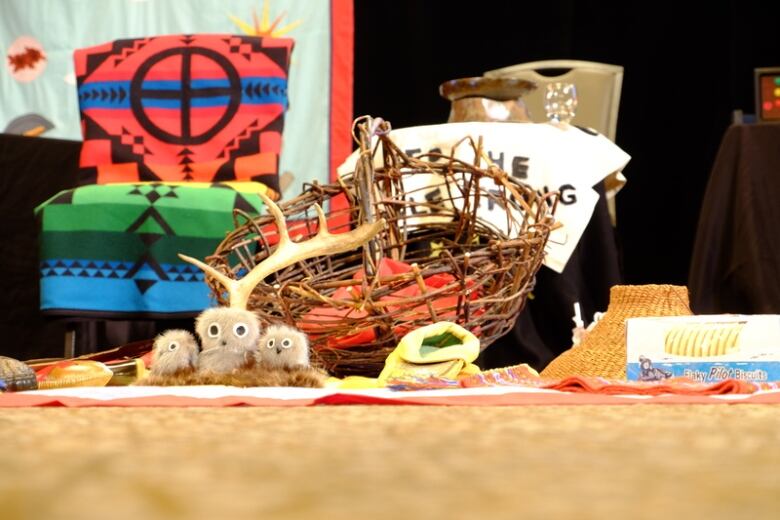Day 3 of MMIWG inquiry in Iqaluit
4-day hearing in Nunavut capital is centred on colonial violence

Indigenous health and wellbeing are topics that will continue to be discussedWednesday at the third day of hearings in Iqaluit in the inquiry into missing and murdered Indigenous women and girls.
The Iqaluit hearings havea focus on socio-economic, health and wellness impacts.
This is the first of four final stops for the commissioners, who announced last month that they would also hold hearings in Quebec City, Winnipeg and St. John's
The commissioners are not hearing from victims and family members in Iqaluit, but ratherexperts and stakeholders. Three panels are scheduled to testify this week. They give their testimony, followed by cross-examination by "parties with standing," who are defined on the inquiry's website as people "who have demonstrated that they have a substantial and direct interest in the subject matter of the national inquiry."
There are 10 such groups in Iqaluit this week, most represented by legal counsel.
The meetings are open to the public and taking place at the Frobisher Inn.

The hearing continuesuntil Thursday. Duringthe first two days, testimony focused on the Inuit experience, including historical events that impacted Inuit life and culture, including forced relocation and the slaughter of sled dogs.
That testimony wrapped up on Tuesday, followed by a panel on Indigenous health and wellbeing. Questions focused on the housing crunch in Nunavut, the relocation of Inuit for tuberculosis treatment, the status of elder care in the territory, and shelter for Indigenous women in violent situations.

On Wednesday, Aboriginal decolonizing and gendered Aboriginal perspective is on the agenda for the hearings.
Commissioners have been travelling across the countrygathering often emotional statements from families and survivors, as well as looking at patterns and underlying factors.
The inquiry expects to conclude its research by Dec. 31 and submit its final report by April 30, 2019.
CBCNorth's GarrettHincheyisat the hearings and will keep you up to date in a live blog.












_(720p).jpg)


 OFFICIAL HD MUSIC VIDEO.jpg)
.jpg)



























































































